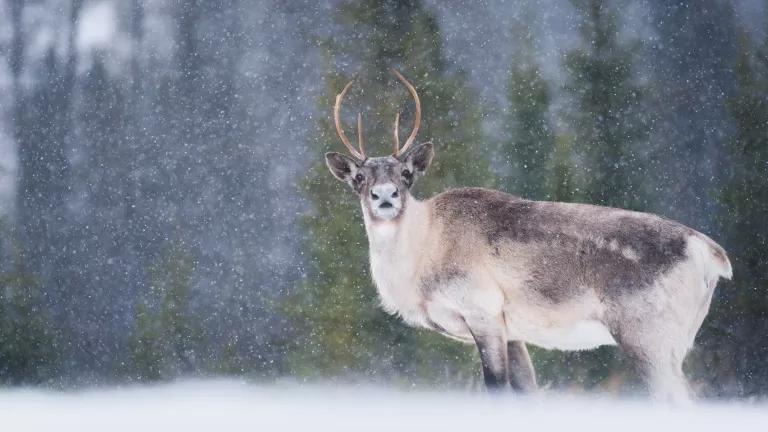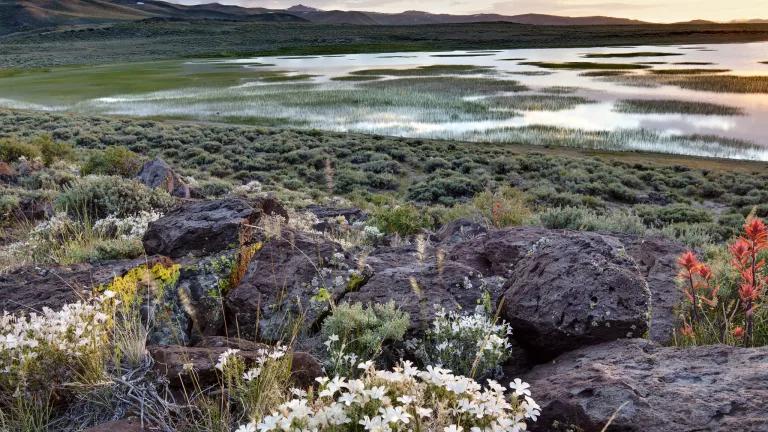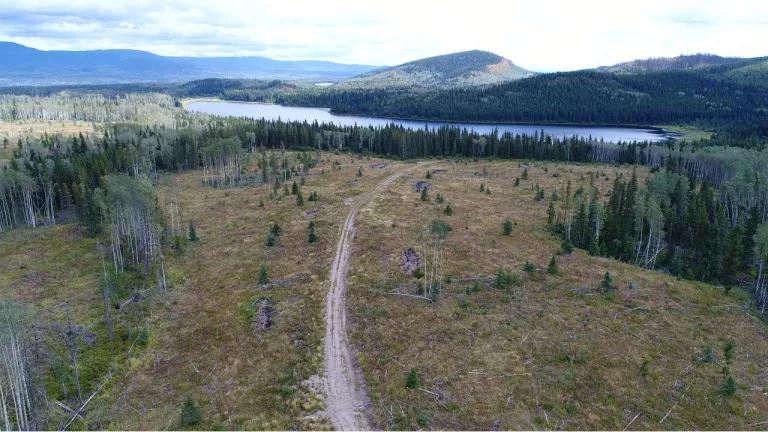World Unites Against Pebble Mine
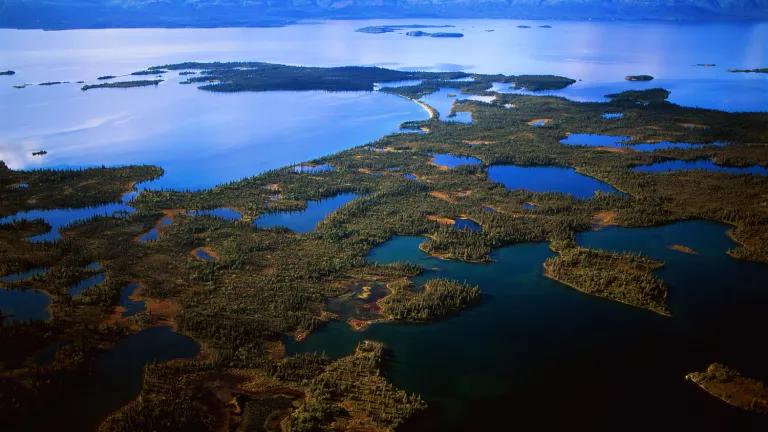
The World Conservation Congress, hosted every four years by the International Union for Conservation of Nature (IUCN), has brought together more than 8,000 delegates—including government officials, scientists, and policy experts from more than 170 countries—to discuss solutions to the world’s most pressing environmental and development challenges.
Nowhere is that challenge more evident than in Bristol Bay, Alaska, as the Congress recognized today by formally adopting a resolution to protect the region from large-scale mining.
Bristol Bay’s watershed is home to record wild salmon runs exceeding 50 million fish annually. Bristol Bay’s $1.5 billion annual sustainable commercial fishery provides 14,000 jobs and supplies half of the world’s sockeye salmon. Salmon are not only the linchpin of the region’s economy, but also its lifeblood providing food, a subsistence-based livelihood, and the sustainable foundation for the language, spirituality and social structure of its tribal communities.
President Barack Obama barred offshore oil and gas exploration and development activities in Bristol Bay in 2014, describing it as “Alaska's most powerful economic engines and one of America’s greatest national treasures” that is “too special and too valuable to auction off to the highest bidder.”
Yet this unparalleled ecological and economic treasure remains under threat.
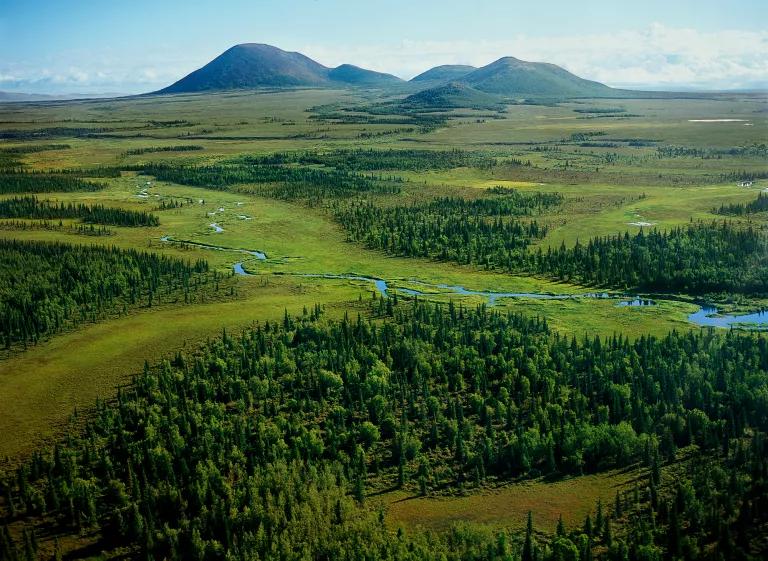
Canadian mining company Northern Dynasty Minerals plans to extract the low-grade gold and copper deposits from the headwaters of Bristol Bay’s most productive salmon-bearing rivers. Its proposed Pebble Mine would excavate the largest open pit ever constructed in North America—nearly as deep as the Grand Canyon—and would generate an estimated 10 billion tons of toxic mining waste, covering an area larger than Manhattan and filling a major football stadium up to 3,900 times. Giant earthen dams—some larger than 700 feet tall—would be constructed to hold back the leach-prone mine tailings forever: all in an active earthquake zone. Pebble Mine would destroy numerous miles of salmon streams and thousands of acres of wetlands.
The IUCN weighed in against the Pebble Mine today by adopting a motion entitled “Protecting the world’s greatest wild salmon fishery in Bristol Bay, Alaska from large-scale mining.”
The motion was approved almost unanimously earlier via an electronic vote—of those voting, 100 percent of government members and 99 percent of NGO members supported the motion. Indeed, only four members in total voted against it.
With that, the IUCN joins a long list of Pebble Mine opponents, including Alaska Natives, commercial fishermen, sportsmen, jewelers, faith-based groups, environmental groups, conservationists, and the people of Bristol Bay.
The Pebble Mine is an international pariah. And it just became an environmental challenge the world is united to overcome.


